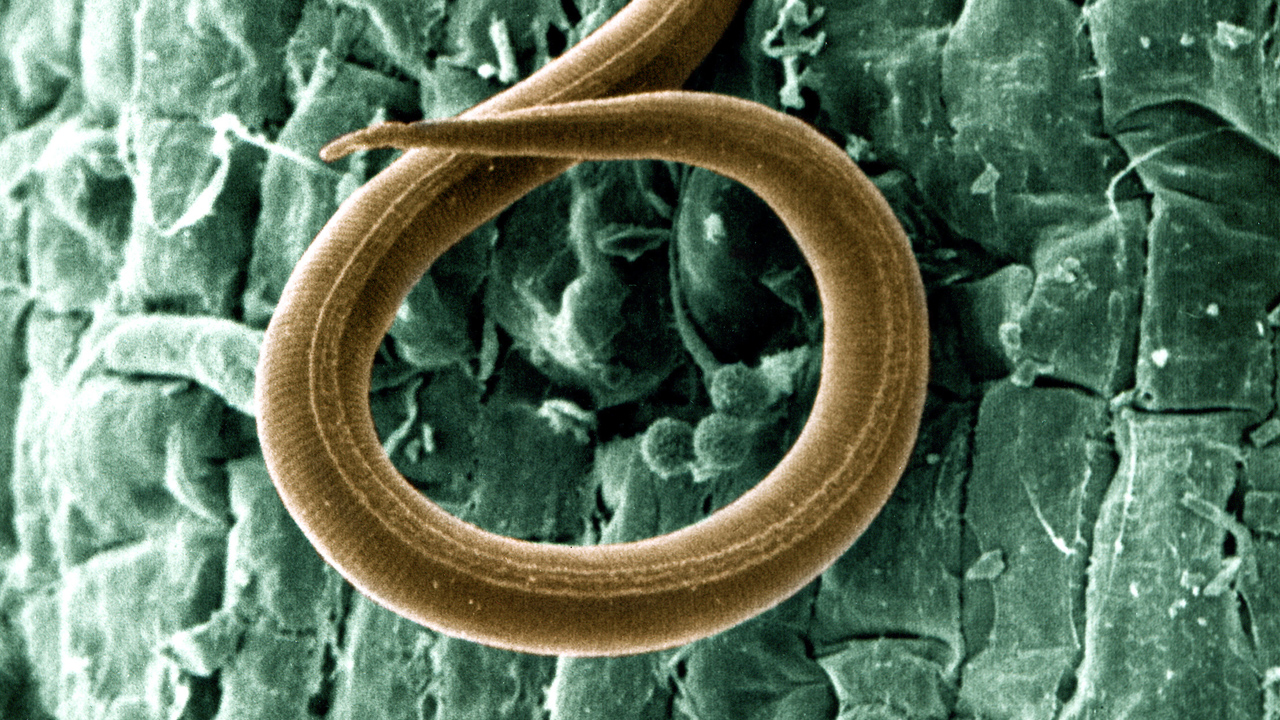Scientists studying how connections in our brains foster senses have “hacked” into the brains of nematode worms by altering their DNA. In doing so, they were able to change the worms’ responses to salt and smell with new synaptic connections.
Schafer’s team injected DNA that codes for their protein into the gonads ofCaenorhabditis elegans nematode worms. When the next generation hatch ed, some worms expressed the new genes, giving rise to extra neural connections (see “A connection is made”). To ensure the introduced protein didn’t interact with other parts of the neuron, the team used the mouse version of the gene rather than the nematode’s usual invertebrate version.
To test their technique, the team inserted a connection between two unconnected neurons involved in the worms’ response to salt. In normal worms, salt increases the electrical activity in one neuron and decreases it in the other. But connecting them up synchronised the responses. “If one went up, the other did too,” says team member Ithai Rabinowitch at the Fred Hutchinson Cancer Research Centre in Seattle. As a result, rewired worms were far less sensitive to changes in salt concentration.
The scientists then altered another connection associated with smell, which made the worms completely unable to detect odors.
Researchers are hopeful that this technique could eventually be used to treat people with brain damage, “creating neural bypasses that miss out the damaged neurons.” We could even program organisms to have certain neurological traits, like worms that only ate bacteria that harm crops. Just wait till the anti-GMO crowd gets wind of that. (Images: Wikipedia, New Scientist )


